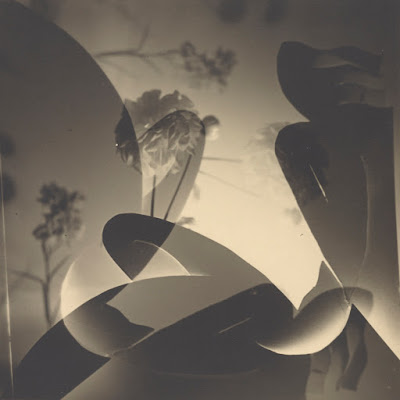This passage in Olivia Laing's book, Everybody, that describes how Montreal-born, Jewish artist Philip Guston felt about his abstract expressionist painting during the summer of riots following the murder of Martin Luther King Jr struck me as so familiar and so very similar to how I felt when I became disenchanted with academia midway through my PhD. In autumn 2017, during a 6 week research trip in Rochester, New York, I felt extremely conflicted about continuing to write my ongoing thesis on abstract photography questioning the good it would have on the world and what its impact would be beyond close knit and privileged academic circles.


Since then, and having finished my PhD, I don't feel the same antagonisms towards academia, art history and abstraction (or at least not with the same zeal)—and as it happens, both Guston and Agnes Martin have been favourite artists of mine for some time—but reading this section reminded me of how at odds I felt my political drive and anger to be with my doctoral work. Having some space, and pursuing a career first in the charity sector and later at the Department for Education, I no longer feel this antipathy (which was always complex and multifold, paired with a deep love and admiration) of abstract art and do honestly feel that art remains a powerful political tool.











